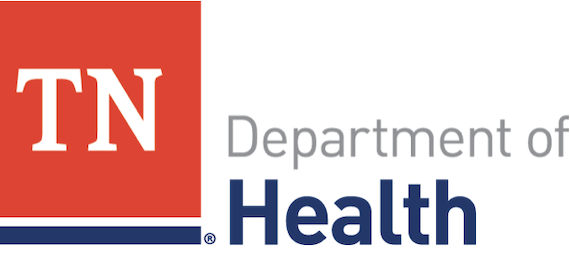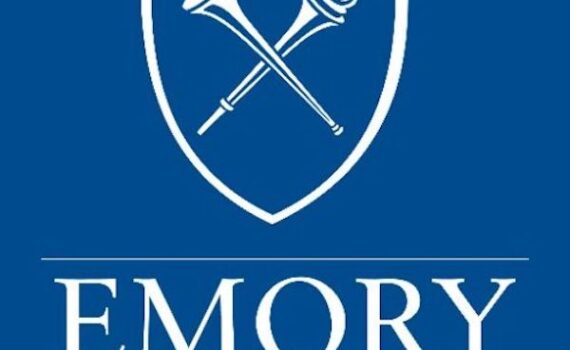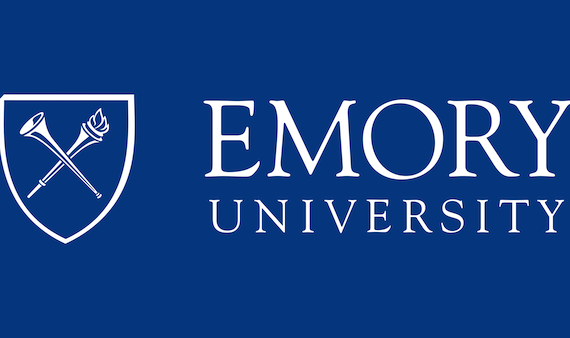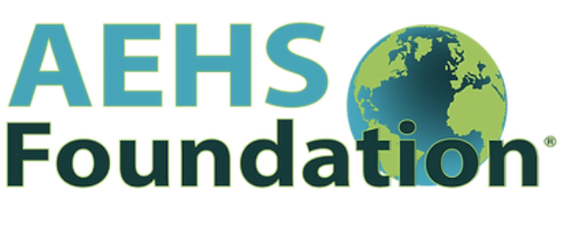Tuberculosis Data and Surveillance Advisor, Credence Management Solutions
Summary Statement
Credence Management Solutions employs hard-working, passionate individuals who bring innovation, accountability, and a growth mindset to the many missions we support across the US Federal Government. Employee empowerment is part of the fabric of our corporate culture through which we emphasize opportunity, recognition, reward, and retention. At Credence, we follow the principles of servant leadership and believe that serving and supporting others is critical to both our individual and collective achievements. We have only one measure of success. Yours.
We are hiring for positions under the Global Health Training, Advisory, Support Contract (GHTASC) in support of the U.S. Agency for International Development (USAID) Bureau for Global Health (GH). These roles deliver institutional support services in a wide range of technical areas at the junior, mid-, senior, and expert levels.
We are a diverse, enthusiastic family of subject matter experts, business professionals, and practitioners who all share a common goal of providing excellent services to our government customers. If you want to work in a dynamic and fast-growing environment with highly motivated colleagues, then Credence is the right place for you!
Credence Management Solutions is seeking a Tuberculosis Data and Surveillance Advisor. See below for more information on this exciting opportunity and apply to join Credence today!
Position Summary
The Tuberculosis Data and Surveillance Advisor will primarily support the USAID office of Infectious Disease (ID), Tuberculosis (TB) Division as a Credence Institutional Support Contractor (ISC).
USAID is in the forefront of global Tuberculosis (TB) leadership and support to high burden TB countries. USAID works with the World Health Organization, Stop TB Partnership and other international TB and TB/HIV partners to support policy development and implementation at the global, regional and country levels. USAID is working with 23 countries with bilateral funds to improve TB services and supporting almost 30 more through targeted technical assistance to support Global Fund grants. These efforts provide lifesaving treatment to cure them from TB, prevent the further transmission of TB, and reduce the potential of drug resistant TB in the future.
The Tuberculosis Data and Surveillance Advisor (Advisor) will serve in the Bureau for Global Health, Office of Infectious Diseases (GH/ID), and will support the TB Team. The Advisor will aim to strengthen TB data and surveillance systems in USAID’s priority countries and other countries where USAID contributes to and provides technical assistance as well as conduct country, regional, and global data analysis. S/he will ensure that USAID-supported TB data and surveillance interventions are in-line with the US Government (USG) TB Strategy, USAID’s technical implementation approach, and other international policies and guidelines. This will include mapping and analyzing current systems (both USAID and non-USAID), improving the quality of the systems, and supporting the implementation of strategic quality improvement interventions. The Advisor will coordinate with key stakeholders in countries including National TB Control Programs; local technical partners; and other donors like the Global Fund. The Advisor will provide support to USAID TB/HIV surveillance activities funded by the President’s Emergency Plan for AIDS Relief (PEPFAR).
The Advisor will receive technical guidance from the USAID Senior Tuberculosis Advisor who will serve as their USAID POC. The Advisor will also serve as a member of the TB Team, working closely with technical advisors and health staff in the Office of Infectious Diseases, the Office of HIV/AIDS, the regional bureaus and other regional and mission staff as appropriate. The Advisor will also work closely with other USG agencies and USAID TB project partners.
Salary Range
Full salary range for this position is $94,900 to $147,940 per year, with the starting salary determined based on candidate’s knowledge, skills, experience, as well as budget availability
Responsibilities include, but are not limited to the duties listed below
- Providing advanced technical assistance to USAID on program introduction, implementation and/or policy.
- Assisting with development and updates of M&E systems and performance indicators.
- Provide advanced guidance and expertise, including assisting with the preparation and/or review of strategies and program plans to address policy and implementation issues at the global level.
- Developing best practice models for routine data strengthening and TB surveillance in collaboration with national and USAID TB partners.
- Analyzing the appropriateness of USAID funded data and surveillance interventions depending on the TB epidemiology and needs of each country, and ensuring that interventions follow USG and international TB policies and guidance.
- Reviewing and synthesizing information about USAID programs and recommending adjustments in program direction as needed.
- Working with TB Team members to analyze national TB program, USAID and other partner data sets using the most current tools.
- Assessing current health literature and international guidelines, and providing recommendations to USAID.
- Developing and implementing best practice models for TB/HIV surveillance strengthening in priority countries with USAID and PEPFAR partners.
- Contributing to the routine work, including providing technical updates, briefers and other documents that describe USAID’s activities, research and progress; preparing portfolio reviews and reports; reviewing documents such as annual reports and operational plans; and preparing responses to Q&As and other requests for information.
- Analyzing the availability and quality of routine TB data and surveillance systems in USAID priority countries, including a range of paper-based and electronic systems currently in use.
- Assisting countries in developing their capacity to plan management activities.
- Assisting countries to introduce and scale-up suitable models for improving data quality and strengthening surveillance systems.
- Assisting international and local partners at the country level.
- Contributing to PEPFAR TB/HIV monitoring and evaluation interventions in USAID priority countries.
- Providing technical advice to ensure that country programs are consistent with current practice, international standards and recommendations.
- Support USAID Missions in interpreting national TB program data to improve planning and implementation.
- Contributing public health expertise and participating in working groups and task forces.
- Participating in consultations to share and disseminate USAID experience and models of TB surveillance.
- Supporting TB Team to enhance data use, including data visualizations.
- International and domestic travel approximately 30-40%.
- Other duties as assigned.
Education, Requirements and Qualifications
- Masters degree and a minimum of 6 or more years of relevant experience, or bachelor’s degree with 8 years, Associate’s degree and 10 years relevant experience OR High School graduate and 12 years of relevant experience in public health, health sciences, life sciences, or a related social science field.
- US Citizenship or US Permanent Residency with the ability to obtain and maintain a Facility Access clearance is required. For Permanent Residents, this means having resided in the US for at least 3 of the past 5 years.
- Experience or knowledge of TB data collection and surveillance methods is highly desirable.
- Demonstrated experience with public health disease programs and/or surveillance strengthening in developing countries (including national TB control programs and/or other infectious disease control programs) is highly desirable.
- Knowledge of and experience with key international TB or other infectious disease initiatives and organizations, including those focused on epidemiology, surveillance and/or monitoring.
- Knowledge of and experience with USAID policies, regulations and procedures desirable.
- Strong interpersonal, oral and written communication skills.
- Ability to work in a fast-paced environment under tight deadlines while producing quality content.
- Ability to travel internationally approximately 30-40%.
Competencies/Performance Criterion
- Innovation: Takes initiative to propose new ideas/approaches and demonstrates ability to find new and better ways to accomplish work
- Client Service: Communicates with clients, handling any issues politely and efficiently; understands and is available to clients; maintains pleasant and professional image.
- Accountability: Takes ownership of work responsibilities and holds high standards. Keeps commitments and takes appropriate actions to ensure obligations are met. Pursues efficiency and effectiveness and adheres to organization policies and procedures.
- Interpersonal Skills: Works in cooperation with others and communicates effectively with co-workers, supervisors, subordinates, clients, and other outside contacts.
- Continual Learning: Assesses and recognizes own strengths and weaknesses; pursues professional development that is aligned with organizational role, contribution, and goals; proactively shares knowledge with others to foster learning across the organization.









Recent Comments